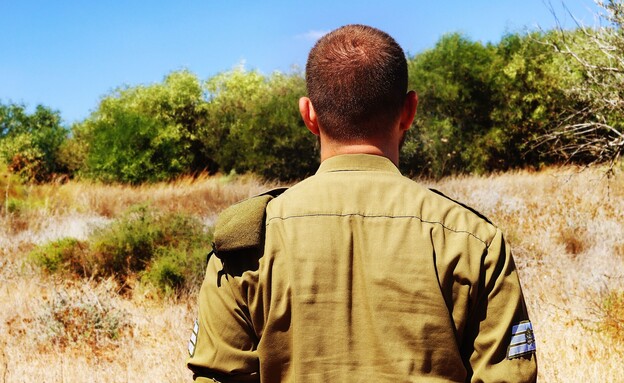V was taken aback when the IDF denied his request to attend an officers’ course, citing reasons such as his shortened working hours, cannabis use, and the distance from his home as grounds for disqualification. Despite making adjustments to his work schedule and giving up relief to increase his activity hours at the base, the army still refused him participation in the officers’ course.
V’s lawyers believed that the refusal was due to the stigma surrounding medical cannabis use. In response, V submitted a request for a “professional” officer’s course that did not require accommodation on the base. However, the army argued that he did not meet the conditions for this route as he was not returning to military service.
Exhausting all other options, V filed a petition with the High Court, claiming that the army’s demands for him to give up medical cannabis treatment were unreasonable. He alleged that his dignity had been violated and that he had been discriminated against based on his medical disability. He accused both the Ministry of Defense and IDF of violating Fundamental Law on Human Dignity and Freedom and Law on Equal Rights for Persons with Disabilities.
Despite reconsidering his application later in the year, V requested that his petition be deleted as a last resort. The Ono Center for Clinical Social Law emphasized the importance of allowing adapted military service for those willing to serve, promoting integration and equalization values. In response, the IDF stated that V’s application for a designated officer’s course would be examined by an authorized committee in personnel division. However, no response has been issued by Ministry of Defense yet regarding this matter.


